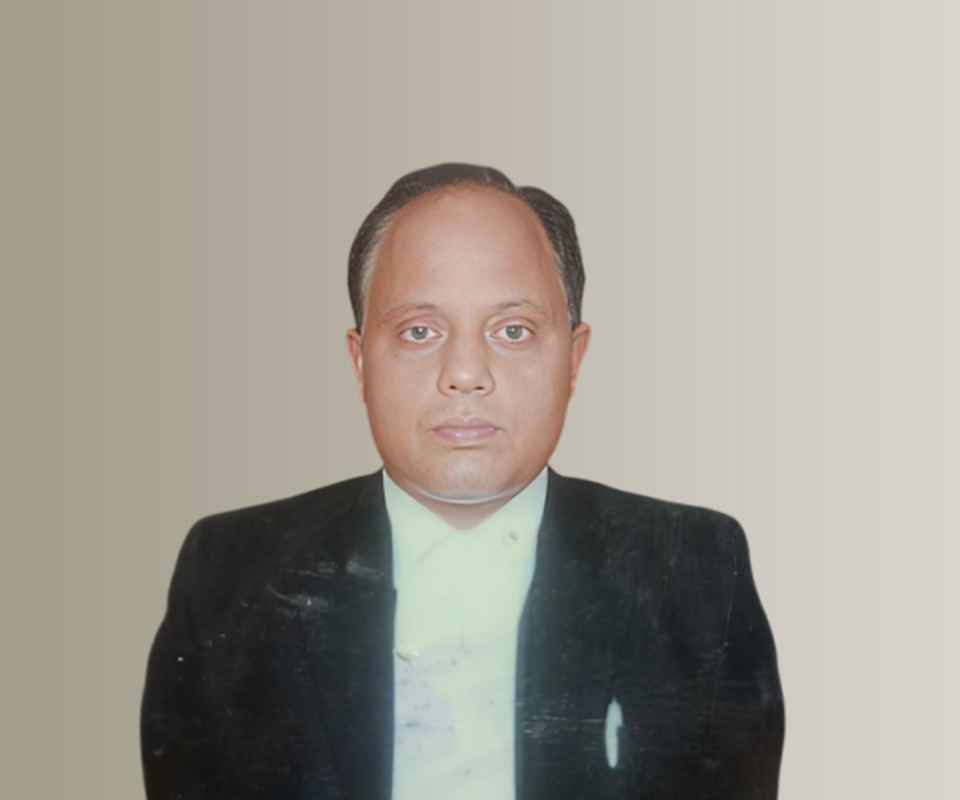Answer By law4u team
Bharatiya Nagarik Suraksha Sanhita, 2023 - Section 251: Framing of charge
(1) If, after such consideration and hearing as aforesaid, the Judge is of opinion that there is ground for presuming that the accused has committed an offence which—
(a) is not exclusively triable by the Court of Session, he may frame a charge against the accused and, by order, transfer the case for trial to the Chief Judicial Magistrate, or any other Judicial Magistrate of the first class and direct the accused to appear before the Chief Judicial Magistrate, or the Judicial Magistrate of the first class, on such date as he deems fit, and thereupon such Magistrate shall try the offence in accordance with the procedure for the trial of warrant-cases instituted on a police report;
(b) is exclusively triable by the Court, he shall frame in writing a charge against the accused within a period of sixty days from the date of first hearing on charge.
(2) Where the Judge frames any charge under clause (b) of sub-section (1), the charge shall be read and explained to the accused present either physically or through electronic means and the accused shall be asked whether he pleads guilty of the offence charged or claims to be tried.
Brief Detail
Section 251 of the Bharatiya Nagarik Suraksha Sanhita, 2023, details the procedure for framing charges against an accused. The Judge assesses whether the offence is triable in a lower court or exclusively by the Court of Session. If the latter, a written charge must be framed within sixty days. The accused is then informed of the charges and given an opportunity to plead.
Question & Answers
Q1: What must the Judge consider when framing a charge?
A1: The Judge must determine if there is ground for presuming the accused has committed an offence and whether it is triable by the Court of Session or another court.
Q2: What happens if the offence is not exclusively triable by the Court of Session?
A2: The Judge may frame a charge and transfer the case to the Chief Judicial Magistrate or another Judicial Magistrate of the first class for trial.
Q3: What is the time frame for framing a charge if it is exclusively triable by the Court?
A3: The charge must be framed in writing within sixty days from the date of first hearing on charge.
Q4: How is the charge communicated to the accused?
A4: The charge shall be read and explained to the accused, either physically or through electronic means.
Q5: What options does the accused have after the charge is read?
A5: The accused can either plead guilty to the offence charged or claim to be tried.
Example
- Assessing the Case: After a preliminary hearing, the Judge finds evidence suggesting that the accused may have committed theft, which is not exclusively triable by the Court of Session.
- Framing Charges: The Judge frames the charge of theft and transfers the case to the Chief Judicial Magistrate, setting a date for the accused to appear.
- Exclusive Charges: If the Judge believes the offence is serious enough to warrant trial by the Court of Session, he frames a written charge within sixty days.
- Informing the Accused: During the next hearing, the Judge reads the charges to the accused and explains the implications of those charges.
- Pleading Options: After the charge is explained, the accused is asked if they plead guilty or wish to contest the charges in court.
Summary
Section 251 of the Bharatiya Nagarik Suraksha Sanhita, 2023, establishes the protocol for framing charges against an accused individual. The Judge must evaluate whether the case is triable in a lower court or exclusively by the Court of Session and must frame charges within specific time frames. The accused is then informed of these charges and given a chance to respond.







